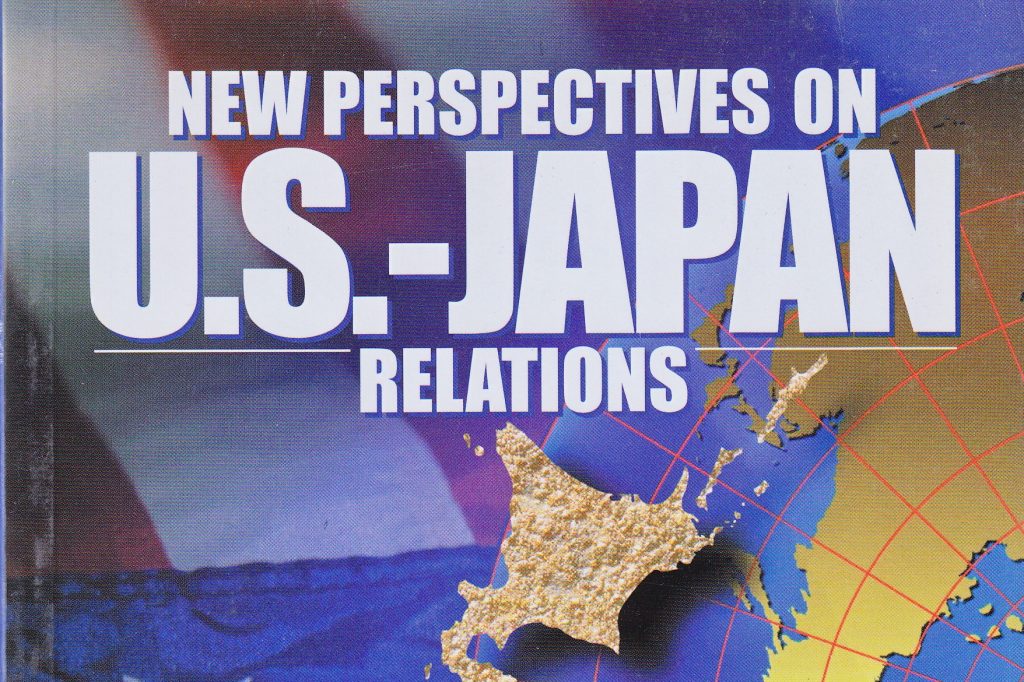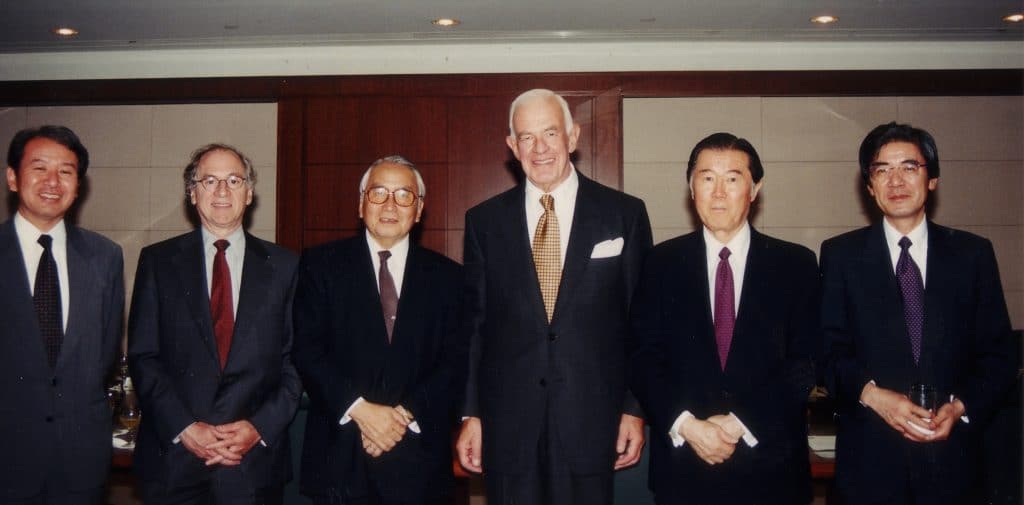NEW PERSPECTIVES ON US-JAPAN RELATIONS
» Programs
1998–2001
In the years immediately following World War II, the US-Japan relationship took shape in the context of global bipolarity and US global economic predominance. There was clear complementarity in Japanese and American national interests that was manifested in the ready acceptance among leaders in both countries of the asymmetrical relationship. In recent years, however, the world has changed drastically, and some of the key features of bilateral US-Japan relations need redefinition.
In 1998, JCIE launched a research project, led by Professor Gerald Curtis of Columbia University, that attempted to address how US and Japanese national interests intersect in terms of the economic, political, and security issues facing post–cold war East Asia, as well as in the context of globalization. An initial workshop was held in July 1998 in Tokyo to discuss outlines of the papers. The second workshop was also held in Tokyo on June 21–22, 1999, to review the drafts. The final papers were published in the volume listed below.
As a follow-up to the project, two days of seminars were held in the United States to launch the publication. The seminars were held on June 11, 2001, in New York in cooperation with the Japan Society and the Council on Foreign Relations, and on June 12, 2001, in Washington DC in cooperation with the Woodrow Wilson International Center for Scholars. The seminars addressed developments in Japanese domestic politics, such as the prospects of the Koizumi administration. The outlook for US-Japan relations was also discussed, touching on the recent disarray in Japan’s Ministry of Foreign Affairs, complaints about a seeming lack of direction in Japanese foreign policy, and fears of American unilateralism.

JCIE Publications | New Perspectives on US-Japan Relations
This book contains insight from political scientists into one of the most important bilateral relationships in the world; discussions range from issues of trade and financial management, shifting perspectives on security in Asia, to the role of mass media in this relationship.

RESEARCH PARTICIPANTS
Director | GERALD L. CURTIS, Burgess Professor of Political Science, Columbia University
ROBERT W. BULLOCK, Assistant Professor of Government, Cornell University
JENNIFER HOLT DWYER, Assistant Professor of Political Science, Hunter College, City University of New York
MICHAEL GREEN, Senior Fellow for Asian Security Studies, Council on Foreign Relations
JUNKO KATO, Associate Professor of Political Science, University of Tokyo
YOSHIKO KOJO, Professor of International Relations, Department of Advanced Social and International Relations, University of Tokyo
MASAYUKI TADOKORO, Professor of International Relations, National Defense Academy
AKIHIKO TANAKA, Professor of International Politics, Institute of Oriental Culture, University of Tokyo
ROBERT M. URIU, Assistant Professor of Political Science, University of California, Irvine
SEMINAR PARTICIPANTS
GERALD L. CURTIS, Burgess Professor of Political Science, Columbia University
THOMAS S. FOLEY, Former US Ambassador to Japan and Former Speaker of the US House of Representatives
TAkASHI KIUCHI, Economic Advisor, Shinsei Bank, Ltd.
AKIHIKO TANAKA, Professor of International Politics, Institute of Oriental Culture, University of Tokyo
Moderators
LAWRENCE KORB, Director of National Security Studies, Council on Foreign Relations
TADASHI YAMAMOTO, President, Japan Center for International Exchange


